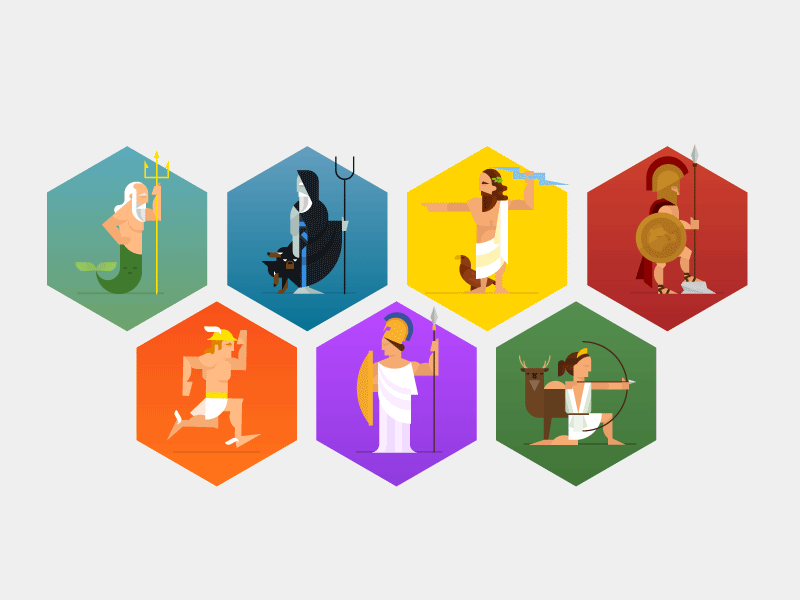Economics is a complex and sometimes can come across as an intimidating subject, but it's one that affects our daily lives in countless ways. Whether we're considering our personal finances or the health of the global economy, having a basic understanding of economic concepts is crucial. Fortunately, there are many books out there that make economics accessible and even enjoyable. Here are some essential books to help you understand the economy.

"The Wealth of Nations" by Adam Smith
Are you interested in economics but afraid it will be dry and boring? Fear not, for Adam Smith's "The Wealth of Nations" is here to make economics exciting for everyone!
Published in 1776, this book has had a major impact on the world of economics and is still widely read today. It discusses topics such as the division of labor, free trade, and the invisible hand theory. But don't worry if those terms sound intimidating – Smith explains them in a clear and engaging way.
One of the key takeaways from "The Wealth of Nations" is that the pursuit of self-interest can actually benefit society as a whole. Smith argues that when individuals are free to pursue their own interests, they will naturally produce goods and services that other people want to buy. This creates a mutually beneficial relationship between producers and consumers.
But "The Wealth of Nations" isn't just about theory – Smith also provides plenty of real-world examples to illustrate his points. For example, he discusses the success of the pin factory, which was able to greatly increase productivity through the division of labor.

Did you know "The Wealth of Nations" was banned? Well, not officially but some governments and religious leaders were unhappy with Smith's ideas about free trade and the role of government in the economy. They saw his ideas as a threat to their own power and influence, and so they tried to suppress the book.
(Huh, futile attempts in our opinion :D)
Fortunately, "The Wealth of Nations" has survived these attempts at censorship and remains an important work in the field of economics. And if you're looking for an accessible and engaging introduction to this fascinating subject, it's a great place to start.
"The Wealth of Nations" is one of the foundational texts of modern economics.It explores the relationship between production, trade, and wealth. Smith's famous concept of the "invisible hand" suggests that the pursuit of individual self-interest can lead to collective benefits.
"Capital in the Twenty-First Century" by Thomas Piketty
"Capital in the Twenty-First Century" is a groundbreaking work that explores the distribution of wealth and income in modern societies. Piketty argues that the gap between the wealthy and the rest of us is growing, and that this trend is likely to continue unless we take action.
Despite its weighty subject matter, the book has become a bestseller and has generated a great deal of discussion and debate.In this book, Piketty proposes a range of policy solutions that could help to address the inequality and promote greater prosperity for all.
‘Capital in the Twenty-First Century’ is not written in dense economic jargon or impenetrable academic prose. Instead, Piketty employs clear and concise language that is easy to follow, even for those without a background in economics.

"Freakonomics" by Steven Levitt and Stephen Dubner
If you think economics is a boring and hefty topic then wait till you read "Freakonomics", it is here to prove you wrong. This book takes a unique and fascinating approach to economics, making it accessible and interesting for everyone. But what makes "Freakonomics" different from other economics books is the authors' humorous and engaging writing style. They use witty humor and storytelling to keep readers hooked and make the book an easy and enjoyable read. You don't need to be an economist to understand the concepts they explain; you just need to have a curious mind. This unconventional approach to economics makes "Freakonomics" a refreshing and eye-opening read.

“Live, Love, Work, Prosper” by Michael D. Makin
It is not your typical economics book folks. While it covers important economic concepts such as productivity, innovation, and economic growth, it does so in a way that is accessible and relevant to everyone.

At its core, the book is about integrating our personal lives and our work lives in a way that leads to greater happiness and prosperity. Makin argues that these two aspects of our lives are not separate, but rather intertwined. By focusing on our personal well-being, we can become more productive and successful in our work, and vice versa.
"The Undercover Economist" by Tim Harford
"The Undercover Economist" is a fun and accessible introduction to economics. Harford uses real-world examples to explain economic concepts like supply and demand, and he shows how they apply to our daily lives. Harford shows how economics is relevant to everyone, regardless of their background or level of education.
One way in which the book is economics for everyone is that it explains economic concepts in simple and accessible terms. Harford uses real-life examples and analogies to illustrate abstract economic concepts such as supply and demand, inflation, and price discrimination. He makes economics relatable and understandable, even for those who may not have a formal background in the subject.
Harford explores how economics affects our daily lives, from the price of a cup of coffee to the availability of affordable housing. He demonstrates how economic principles are at work in a range of fields, from healthcare to education to the environment.

"Thinking, Fast and Slow" by Daniel Kahneman
"Thinking, Fast and Slow" is not strictly an economics book, but it has important implications for the field. Kahneman's work on behavioral economics suggests that people are not always rational decision-makers, and that our biases can affect our economic choices.
It is a fascinating exploration of the way our brains process information and make decisions. While the book is not specifically about economics, it has important implications for economics and shows how the principles of psychology and cognitive science are relevant to everyone, including economists and policymakers. The book is economics for everyone in the sense that it highlights the importance of behavioral economics. Kahneman's work has had a major impact on the field of economics, and has shown how traditional economic models can be improved by taking into account the way people actually behave.

"The Bottom Billion" by Paul Collier
"The Bottom Billion" is a book about the world's poorest people and the challenges they face. Collier argues that the international community can and should take steps to help lift these people out of poverty, and he offers some practical suggestions for how to do so. While the book is written by an economist and is based on rigorous research and analysis, it is also accessible and engaging, and shows how economics is relevant to everyone. One way in which the book is economics for everyone is that it explains the economic forces that keep the world's poorest countries trapped in poverty. It also highlights the importance of effective policies and interventions in addressing poverty.

"Nudge" by Richard Thaler and Cass Sunstein
"Nudge" is a book about the power of small nudges to influence behavior. Thaler and Sunstein argue that governments and organizations can use subtle incentives to encourage people to make better choices, from saving for retirement to eating healthier. Thaler and Sunstein argue that people are not always rational decision-makers, and that our choices can be influenced by a range of factors, such as social norms, emotions, and cognitive biases. By understanding these factors, policymakers can design interventions and policies that encourage people to make better choices. The book itself is such an interesting read and can make you question a lot of your decisions guys, so BEWARE.

"The Big Short" by Michael Lewis
"The Big Short" is a nonfiction book about the financial crisis of 2008. Lewis tells the story of a group of investors who saw the crisis coming and bet against the housing market. The book provides a compelling and entertaining look at the inner workings of the financial industry.
It's a book that manages to make complex financial concepts accessible and engaging, and it shows how economics is relevant to everyone. it explains how the financial system works in a way that is easy to understand. He also explains the role of banks, regulators, and other players in the financial system, and how their actions (and inactions) contributed to the crisis. The book is also economics for everyone in the sense that it highlights the importance of financial literacy. "The Big Short" is a powerful reminder of the importance of understanding economics and the financial system.

In conclusion, understanding economics is essential for navigating our world. These ten books offer a range of perspectives on the subject, from classic texts to contemporary works. Whether you're an economics novice or a seasoned expert, these books will surely give you a through understanding of this amazing concept.


